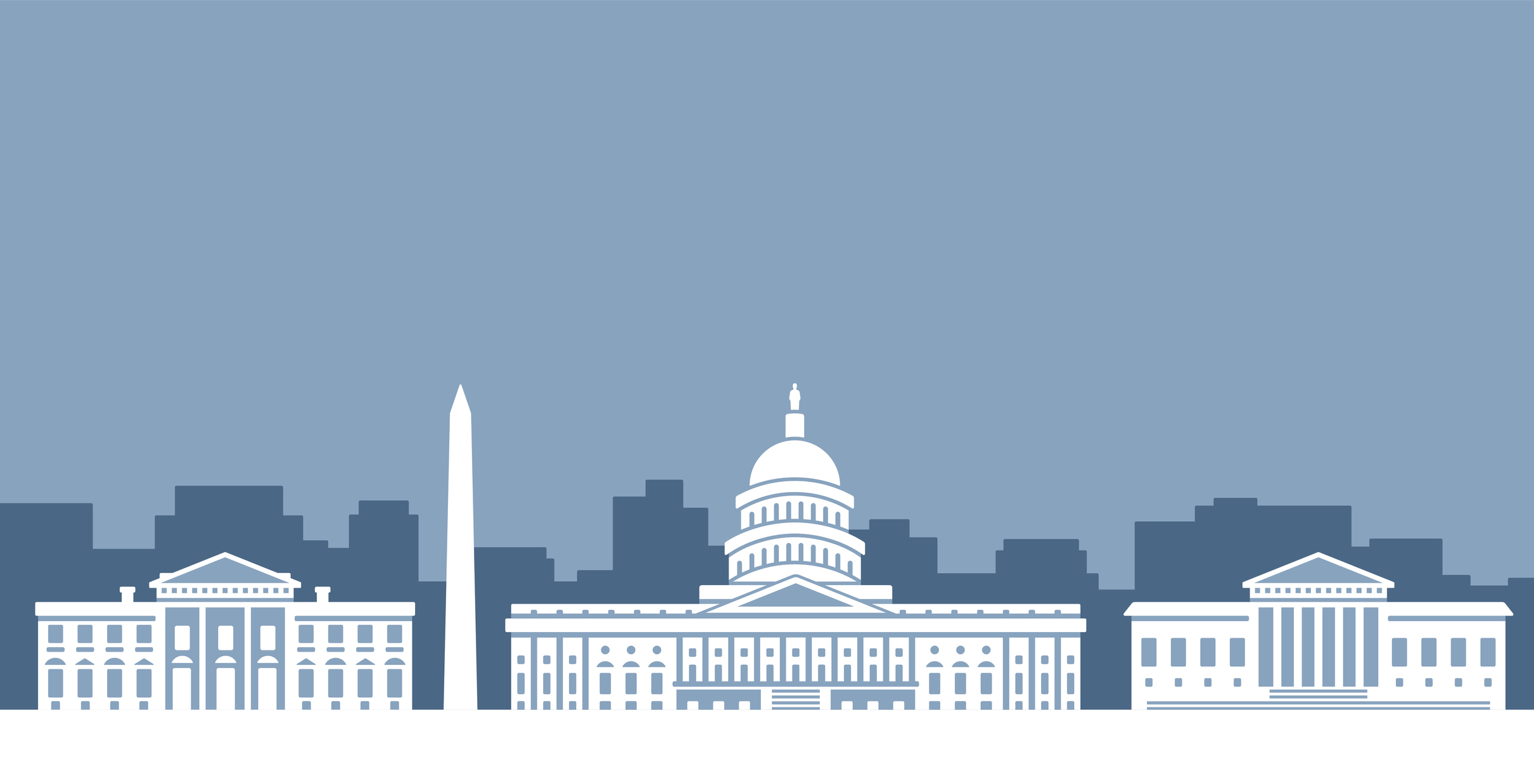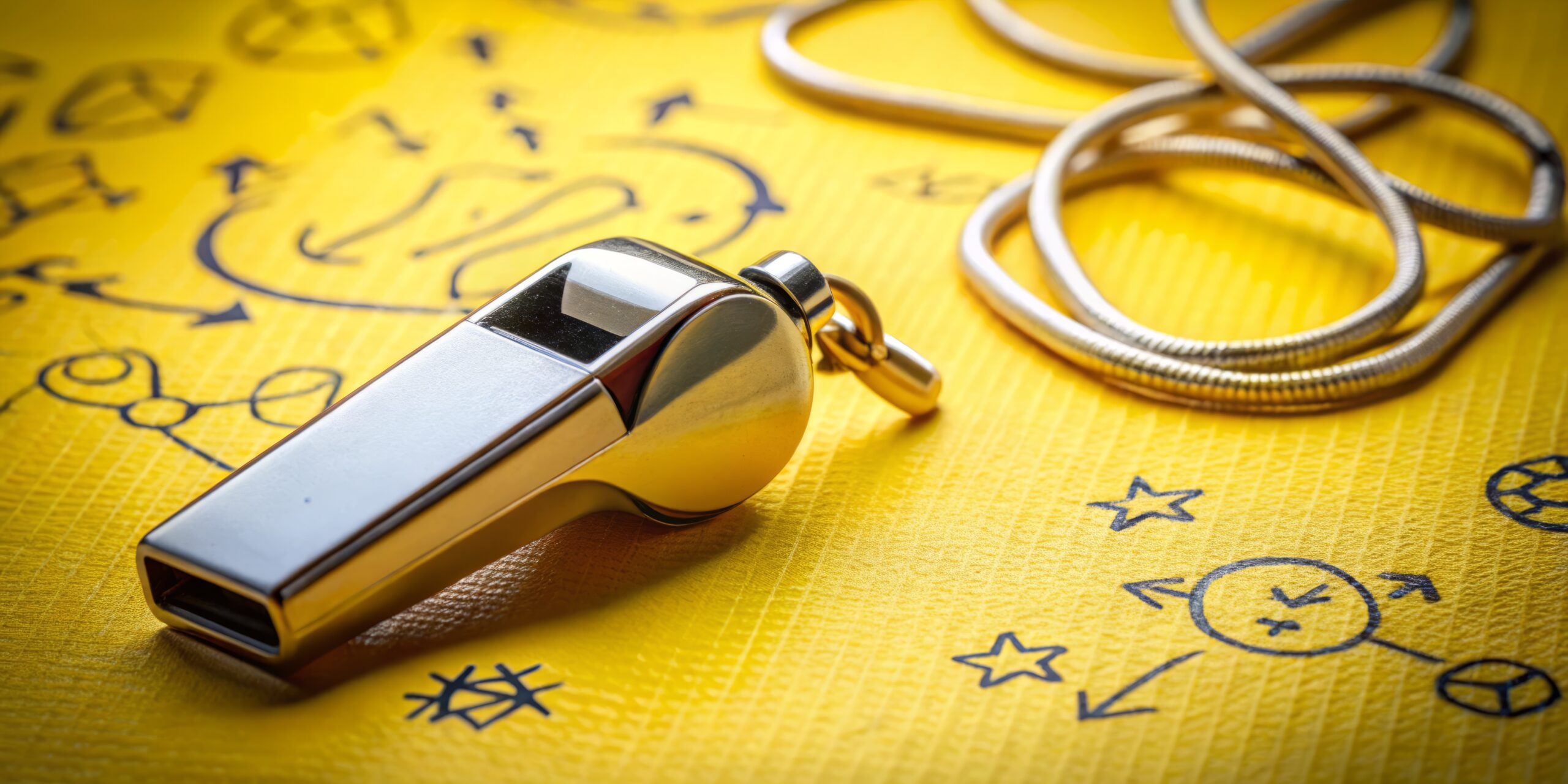
Most judges appear to prefer the judiciary handle its own problems rather than having the executive or legislative branches get more involved. But some say self-policing isn’t working all that well, and it’s also inherently a conflict of interest.
Those are some of the takeaways from January’s emailed Question of the Month, which asked NJC alumni, “Do you agree with Chief Justice Roberts’ recent statement (in his 2021 Year-End Report on the Federal Judiciary) that the judiciary can police itself and the other branches should not get involved?”
The survey* drew 561 responses, and nearly 4 in 5 judges indicated that they agree with Chief Roberts. Many in the majority cited the importance of insulating the judiciary from political pressures.
“Getting other branches involved,” wrote one judge anonymously, “violates the separation of powers doctrine and, further, makes EVERYTHING we do political. Not good.”
Tom Mountjoy, presiding judge of the 31st Judicial Circuit Court in Springfield, Missouri, wrote, “So called ‘policing’ by (the) other branches of government leads to only one conclusion: the loss of an independent judiciary and one step closer to the loss of our democracy.”
Durai Karunakaran, former chief justice of the Republic of Seychelles, wrote: “Policing by other branches will erode the independence of the judiciary and separation of powers and may even lead to frivolous complaints, which may be used as a threat to individual judges’ freedom to function without fear.”
Even among supporters of judicial self-regulation, however, doubts surfaced.
“CAN we (police ourselves) and “ARE we (policing ourselves) are two different things,” wrote one anonymous judge. “We most certainly can police ourselves, and (we) do a very good job for the most part. There are, however, some very egregious and high-profile examples of very bad judicial behavior where nothing happened (e.g., the juvenile court judge in Tennessee who jailed children for revenue and political points – including for crimes that do not exist).”
Another anonymous judge wrote that in that judge’s jurisdiction, prosecutors have hesitated to indict judges for misconduct unless they have overwhelming evidence. They seem more concerned about potentially losing a case than addressing a bad actor, the judge wrote.
“Unless that’s going to change, we’re not fit to police ourselves.”
Several judges said that justices of the United States Supreme Court should be made subject to an enforceable code of ethics, as other judges are.
“Even Supreme Court justices are human,” one judge wrote, anonymously. “Like all humans, justices can fail to see that something they are doing is an actual conflict of interest or creates the appearance of a conflict.”
Judge Kevin S. Burke of the District Court of Minneapolis, wrote, “With public approval of the Supreme Court, federal courts and state courts at historic low points, the Chief Justice’s message, while well intentioned, was a bit tone deaf. Judicial independence can only be achieved by a commitment to judicial accountability. Trust by the public is earned, not a given.”
Judges who expressed disagreement with Chief Roberts’ view tended to emphasize the importance of checks and balances.
“When one branch of government polices itself, who is managing the police?” asked Assistant Judge Charles Delaney of the Superior Court of Burlington, Vermont.
“No institution can effectively and adequately police or neutrally evaluate itself,” wrote an anonymous judge. “It only leads to confirmation bias (at best) and abuses of power (at worst).”
But most judges seemed to feel that preserving judicial independence was paramount.
Wrote Michael G. Young, administrative law judge with the Federal Mine Safety and Health Review Commission: “Constitutional order can survive bad judges or bad judicial decisions. It can’t survive without an independent judicial branch.”
* Each month the College emails an informal, non-scientific, one-question survey to its more than 12,000 judicial alumni in the United States and abroad. The results, summarized in the NJC’s Judicial Edge Today, are not intended to be characterized as conclusive research findings.

Happy October, Gaveliers faithful. Are you loving this or what? No one believed a team made up of judges...


Hon. Diane J. Humetewa, the first Native American woman and the first enrolled tribal member to serve as a ...

Retired Massachusetts Chief Justice Margaret H. Marshall has been selected as the 2024 winner of the presti...

Dear Gaveliers Fans: I am delighted to announce the appointment of our first Gaveliers coaches, profiled...